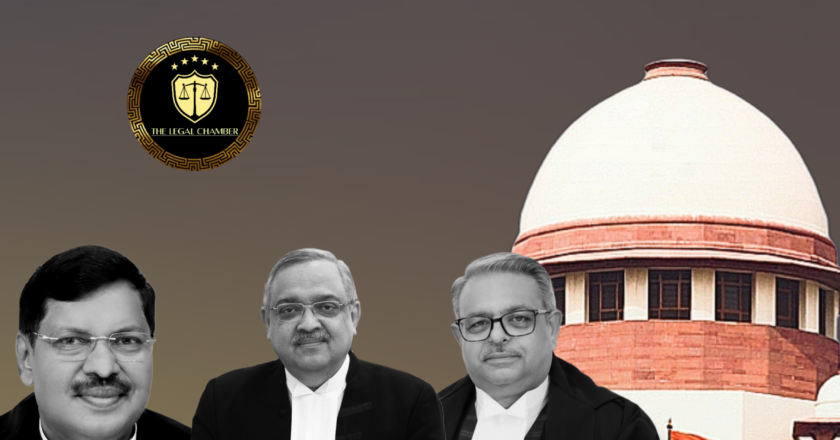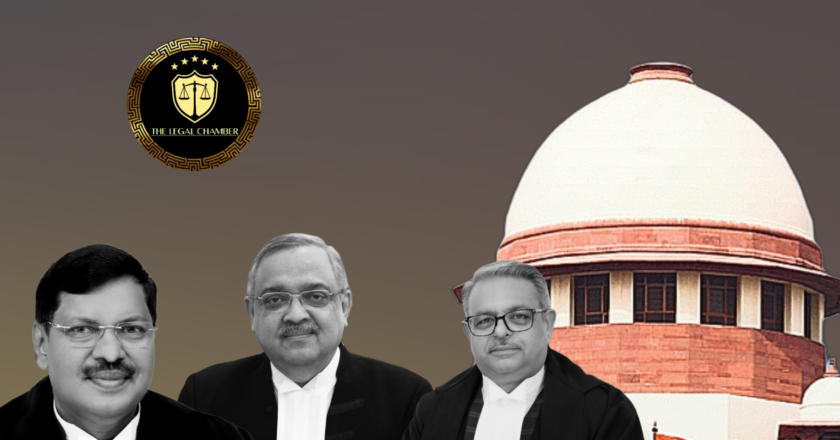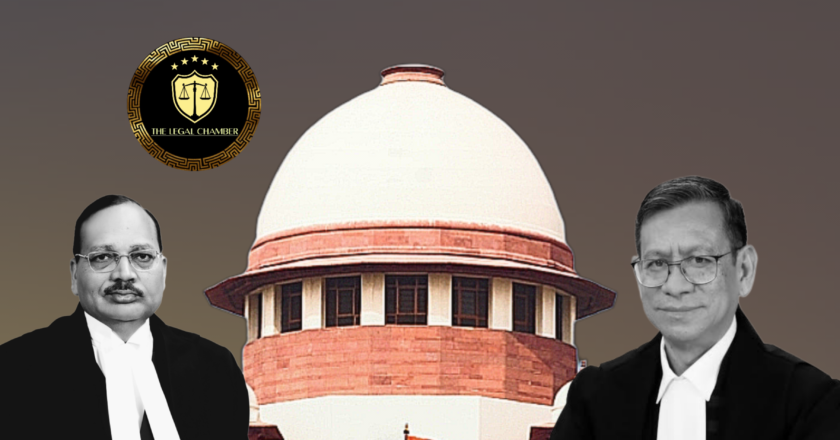Big Win for Judges: Supreme Court Reduces Experience Needed for Higher Judicial Posts
The Supreme Court modified judicial service rules, increasing the Limited Departmental Competitive Examination (LDCE) quota for District Judge promotions from 10% to 25%. It reduced the required experience for LDCE eligibility to 3 years as Civil Judge (Senior Division) and mandated 10% accelerated promotions for Civil Judges (Junior Division). The Court also reinstated a 3-year minimum Bar practice requirement for Civil Judge (Junior Division) aspirants, counting from provisional enrollment. Vacancies under LDCE will be filled via regular promotion if unfilled. States must amend rules within three months to comply. The judgment aims to incentivize merit while ensuring judicial efficiency.
Facts Of The Case:
The case originated from a series of interlocutory applications (IAs) filed in t...


